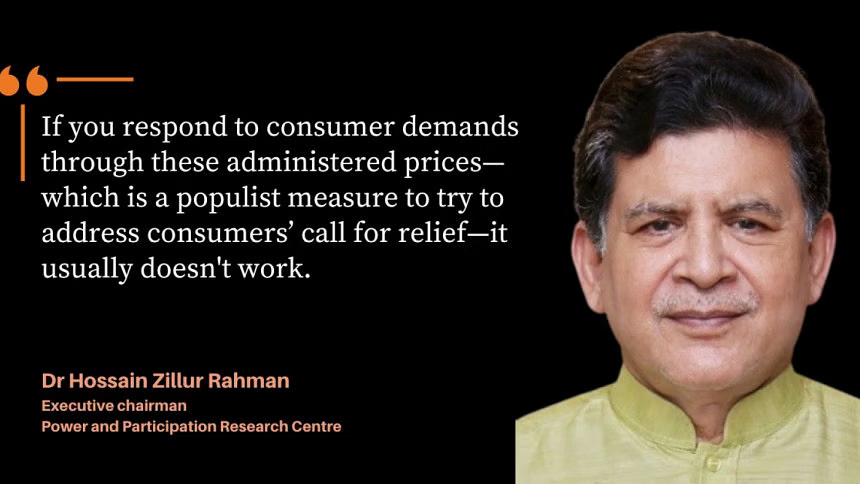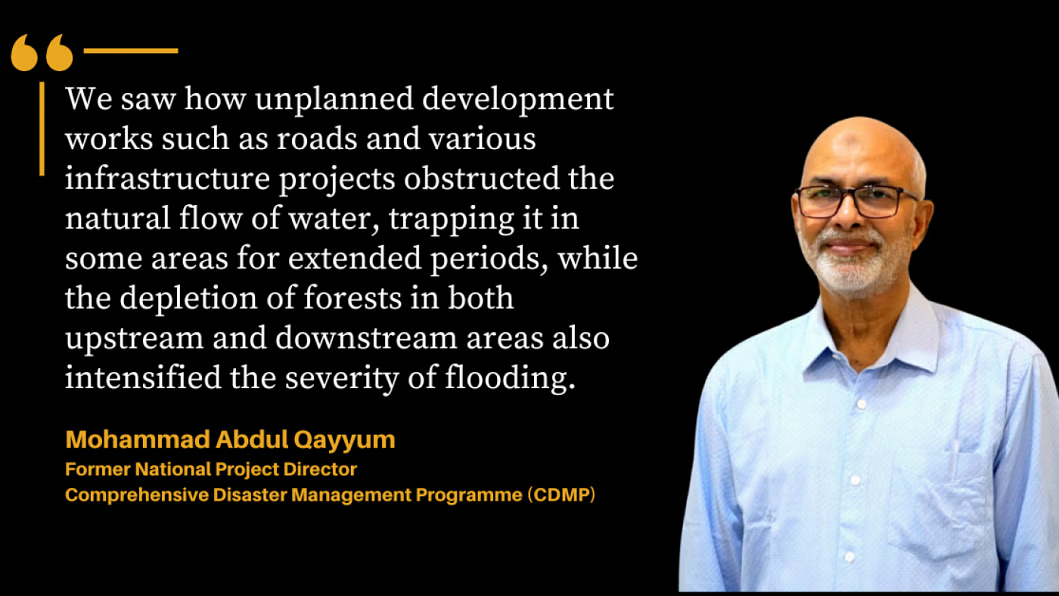

Mindfulness: A Natural State of Mind
Mindfulness is a natural mental state where one remains aware of their position, activities, and surroundings while refraining from overreacting with excessive anger, irritation, or joy.
Over the past few decades, a secular form of mindfulness, originating from Buddhism, has gained significant traction in the West. According to Google’s Ngram tool, the use of the word “mindfulness” increased 100-fold between 1960 and 2021. A plethora of books, classes, and retreats are now available, and nearly 2,500 meditation apps were launched between 2015 and 2020.
What is Mindfulness?
At its core, mindfulness is the opposite of inattentiveness. When inattentive, we act without thinking. However, the primary goal of mindfulness meditation is to detach oneself from all other tasks and focus solely on the present moment.
During meditation, attention is directed to a specific focus, such as breathing. This can be challenging since humans generally struggle to maintain prolonged focus on repetitive activities. Mindfulness practices involve observing moments of distraction, refocusing, and cultivating a non-judgmental attitude.
Mindfulness as Therapy
Mindfulness-based therapy teaches individuals to observe their emotional responses rather than becoming victims of them. Research indicates that while this approach can be beneficial for some, it may not work equally well for everyone.
However, some studies have shown that meditation can have negative effects, such as triggering trauma or exacerbating mental distress in certain individuals.
Criticism and Debate
Critics argue that the commercialization of mindfulness and its use by corporations or military organizations conflict with its original ethical principles.
Nonetheless, there is no harm in trying mindfulness to achieve personal mental peace or reduce anxiety.
Mindfulness and Self-Awareness
Another benefit of mindfulness is that it offers new perspectives on consciousness and self-identity. At times, it questions the very existence of self-identity and teaches that many thoughts or behaviors are beyond our control.
Mindfulness and Attention to the Present
To be mindful is to approach any task with a fresh perspective. This not only reduces stress but also fosters creativity.
A major advantage of mindfulness is its ability to keep attention anchored in the present. When focused on a task, there is less room for anxiety or worry, creating a pleasant state of flow.
Mindfulness, meditation, or any focused practice teaches us to stay present, reduces mental stress, and helps us live a more fulfilling life. However, its application and benefits can vary from person to person.
Comments
No comments yet. Be the first to comment!
Related Post

- 2025-01-04
Mindfulness meditation to reduce stress

- 2024-12-07























Make Comment 💬